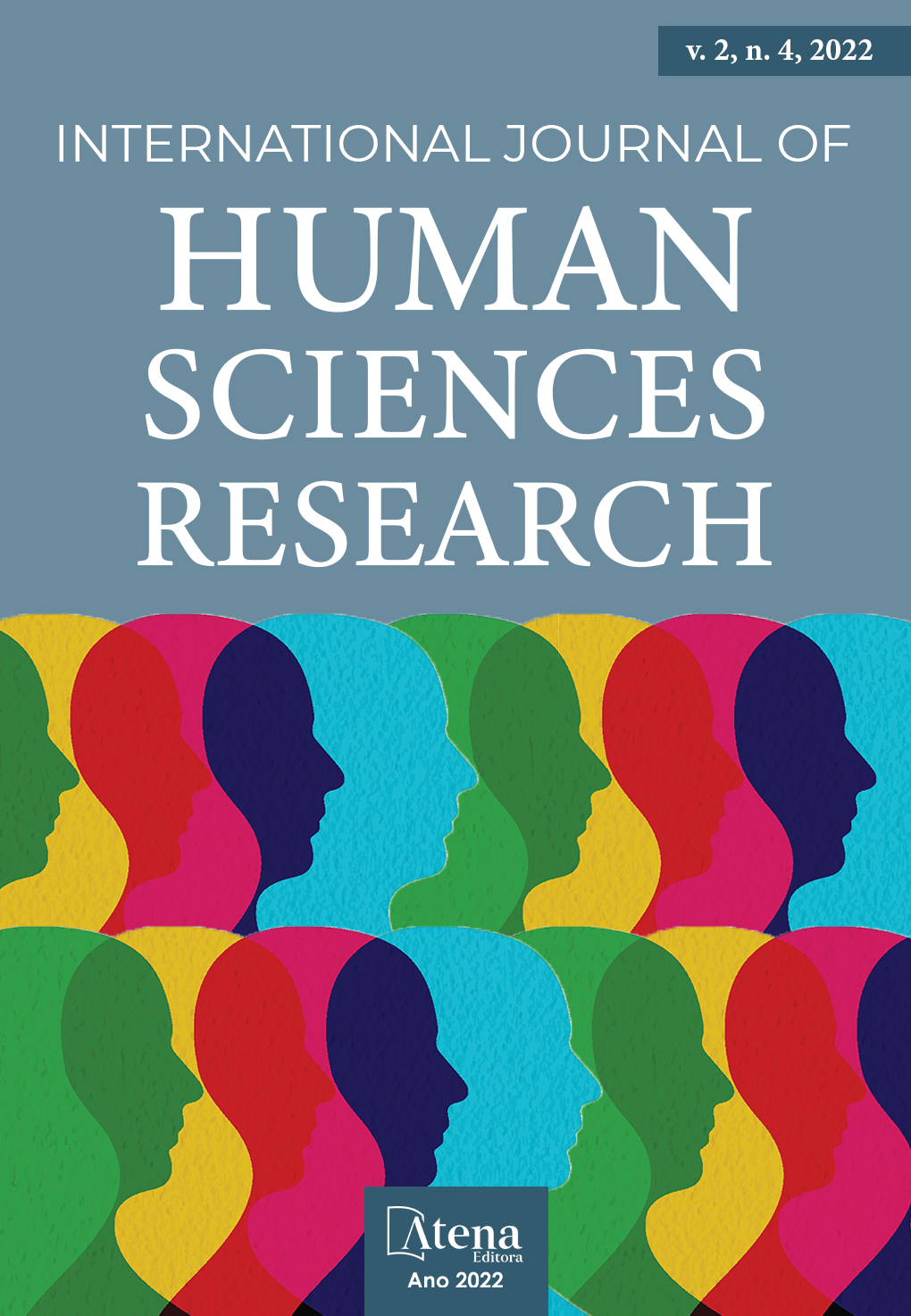
INCLUSIVE EDUCATION AND ITS NEW CHALLENGES: AN EDUCATIONAL EXPERIENCE
The present production proposes to reflect on the new challenges of inclusive education, through the approximation between the deaf and the hearing, from the experience of the teacher in the classroom, in the discipline of history, at the State School: Cristóvão Colombo, 2nd grade teaching, in Jardim Alegre, PR, in the years 2018 and 2019. In view of the distance between students (hearing and deaf) in a 2nd grade afternoon class, in the regular education institution and also the difficulty of communication between the regent history teacher with the deaf (approximation was through the sign interpreter), it proposes to change the posed reality. In this sense, it was sought, together with the sign language interpreter and the interested educational collegiate, to develop interdisciplinary works, with the direct involvement of the institutional collective of the afternoon period, to carry out activities related to the contents of their respective disciplines through the Brazilian Sign Language. - Brazilian sign language. Where those involved start to study the proposed contents and simultaneously sign language, bringing them together and making the learning participatory, productive and autonomous.
INCLUSIVE EDUCATION AND ITS NEW CHALLENGES: AN EDUCATIONAL EXPERIENCE
-
DOI: 10.22533/at.ed.558242211028
-
Palavras-chave: History, educational inclusion; teacher's role, interdisciplinarity, Brazilian sign language.
-
Keywords: History, educational inclusion; teacher's role, interdisciplinarity, Brazilian sign language.
-
Abstract:
The present production proposes to reflect on the new challenges of inclusive education, through the approximation between the deaf and the hearing, from the experience of the teacher in the classroom, in the discipline of history, at the State School: Cristóvão Colombo, 2nd grade teaching, in Jardim Alegre, PR, in the years 2018 and 2019. In view of the distance between students (hearing and deaf) in a 2nd grade afternoon class, in the regular education institution and also the difficulty of communication between the regent history teacher with the deaf (approximation was through the sign interpreter), it proposes to change the posed reality. In this sense, it was sought, together with the sign language interpreter and the interested educational collegiate, to develop interdisciplinary works, with the direct involvement of the institutional collective of the afternoon period, to carry out activities related to the contents of their respective disciplines through the Brazilian Sign Language. - Brazilian sign language. Where those involved start to study the proposed contents and simultaneously sign language, bringing them together and making the learning participatory, productive and autonomous.
-
Número de páginas: 15
- Rosângela Carvalho dos Santos Mendonça


